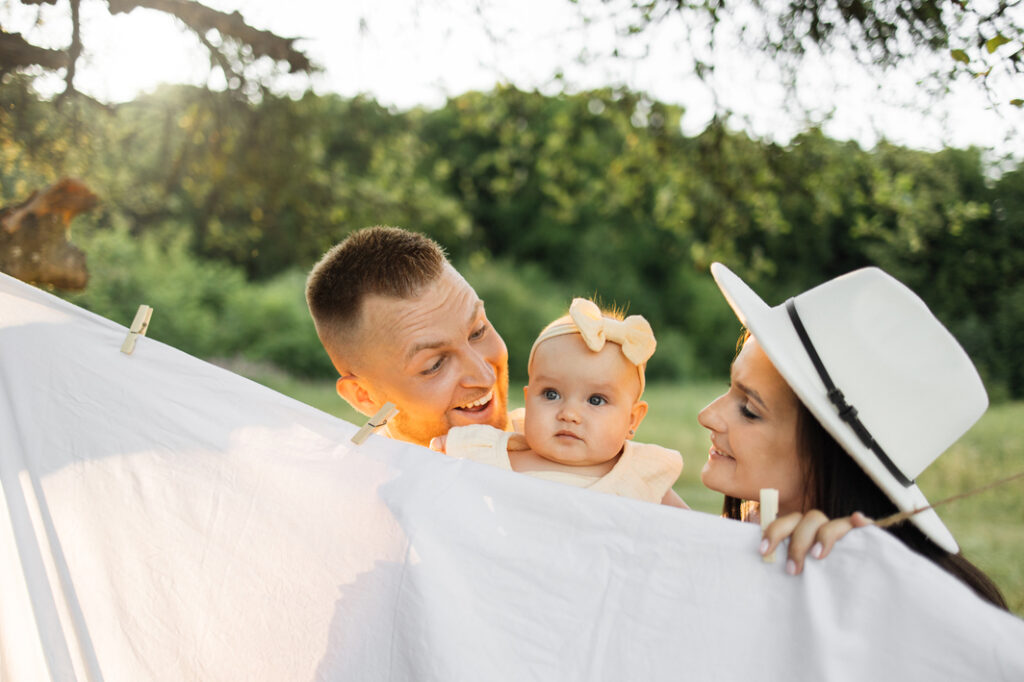A Guide to Intestacy Laws
Losing a loved one is undeniably challenging, particularly when there’s confusion and uncertainty surrounding their affairs. Someone has “died intestate” when they pass away without a valid will. It can quickly become overwhelming to handle their estate where they have left no legal guidance.
In Queensland, intestacy rules come into play in such situations, and understanding these laws and processes is crucial due to their significant implications.
In this article, we will delve into what happens to your assets if you pass away without a will in Queensland. We will outline the hierarchy of potential beneficiaries, the way in which the estate may be prioritised and distributed, and who is likely to be excluded for succession purposes.
Please bear in mind that every situation has its specific circumstances, so this is a general guide. We recommend every adult has a will. If you think you are a potential beneficiary of an intestate estate, seek legal advice to understand the laws as they may apply to you.

Understanding Intestacy Laws in Queensland
When someone dies without a will in Queensland, their estate will be distributed according to the Succession Act 1981 (Qld). This law outlines the rules for distributing an estate without a valid will. The Act establishes an order of beneficiaries. To be eligible to receive a portion of the estate, a beneficiary must outlive the intestate person by a minimum of 30 days.
The spouse or partner of the deceased, if any, is the first in line to inherit the estate. This includes husbands, wives, de facto partners, and registered partners. In case the deceased has children with the surviving partner, the estate is split between the partner and the children.
If the deceased does not have a surviving partner but has children, then the children are the next in line and the estate is equally divided amongst them. Should there be no surviving partner or children (or their children, where a child has predeceased the deceased), the estate goes to the deceased’s parents. If the parents are no longer alive, siblings of the deceased inherit the estate.
In the absence of siblings, the estate is handed down to grandparents, then uncles and aunts. If none of these relatives survive the deceased, the estate is passed to the State of Queensland. This hierarchical structure, which we describe below, aims to distribute the estate in a fair and systematic manner, reducing potential conflicts during a challenging time.

Potential beneficiaries
Spouse or partner
The first in line to inherit the estate. This includes a husband, wife, de facto partner (living together on a genuine domestic basis), and registered partner.
If an individual passes away intestate in Queensland while separated but not divorced from their spouse, they are legally regarded as being married, and the estranged spouse is entitled to a portion of the deceased’s estate as a spouse.
Children (their children and their children)
If there are children, biological or adopted, the estate is split between the deceased’s spouse and the children.
If there’s no surviving spouse or partner, the children are next in line and the estate is equally divided amongst them.
In the case that a child passed away prior to their parent, their children, the deceased’s grandchildren may inherit their portion. Great grandchildren may also be eligible. Stepchildren are not included unless legally adopted by the deceased.
Parents
If there’s no surviving spouse, partner or children, the estate goes to the deceased’s parent(s). In-laws and stepparents are not considered eligible.
Siblings and their children
In the absence of surviving parents, the deceased’s brothers and sisters inherit the estate.
Grandparents
If there are no surviving siblings, the estate is handed down to the grandparents.
Uncles and Aunts
If there are no surviving grandparents, uncles and aunts of the deceased inherit.
First cousins
The order stops at the first cousin in Queensland.
State of Queensland
If none of the above relatives are alive, the estate is passed to the State of Queensland.

Distribution of Assets
If there is no valid will, the default rules for distributing assets apply.
This means that the assets will be distributed in accordance with the hierarchy of beneficiaries set out in the Succession Act, after paying for debts and funeral expenses.
If there are children, the surviving spouse will receive the first $150,000 of the estate and any household belongings. The rest of the estate will be divided between the spouse and the children. If there is only one child, they will share the remaining estate equally with the spouse. If there are multiple children, the spouse will inherit one-third of the remaining estate, and the rest will be divided equally among the children. If there is no surviving spouse but there are children, the children will inherit the estate equally.
It is important to note that these principles are general and may vary depending on specific circumstances. Additionally, certain assets, such as jointly held property or insurance policies with designated beneficiaries, may bypass the intestate process and pass directly to the named or surviving party.

Potential Challenges and Disputes
In the absence of a will, there is a high risk of disputes and challenges arising among family members regarding the distribution of assets.
Spouses, children, and other family members can seek court orders challenging the distribution of assets. This can lead to lengthy legal battles, adding further complexity and cost to the management of the estate.
It’s important to bear in mind that these disputes can be prevented by ensuring that you have a valid will in place.

Protecting the Rights of Beneficiaries
Creating a will that accurately reflects your wishes is the best way to protect the rights of your loved ones. A will ensures that assets are distributed according to your preferences. In the event of a dispute, managing the estate will be made easier if your wishes are clear. It’s also important to regularly review and update your will to ensure that it remains accurate and up to date.
In Queensland, the law provides that anyone over the age of 18 years can make a will.
Professional Assistance
If you have been named as an executor of an estate, it’s important to seek professional assistance from a qualified wills and estates lawyer. A lawyer can guide you through the legal process and ensure that your duties as an executor are fulfilled correctly. A lawyer can also provide advice and assistance in the creation of a valid will, ensuring that your wishes are represented, and your estate is distributed correctly. And a qualified lawyer can assist in establishing your position where you may be a beneficiary of an intestate estate.

Conclusion
In conclusion, navigating the laws of intestacy in Queensland can be complex and potentially contentious. If an individual dies without a valid will, their estate is distributed in a hierarchical manner defined by the Succession Act 1981.
The first in line are the spouse and children, followed by other relatives down to first cousins. If there are no eligible relatives, the state inherits the estate. The distribution of assets also follows specific rules, with the spouse and children being primary beneficiaries.
Disputes can arise in the absence of a will, leading to possible legal tussles. It is strongly advised to draft a valid will to prevent such conflicts and ensure your assets are distributed as per your wishes. Professional legal assistance can provide invaluable guidance in managing an estate or creating a valid will.
Planning ahead and creating a will is essential for protecting the rights of your loved ones and ensuring that your final wishes are carried out. Take the necessary steps today to secure the future of your loved ones and ensure that your legacy lives on in accordance with your wishes. Don’t wait until it’s too late – start planning now for peace of mind and protection of rights.

